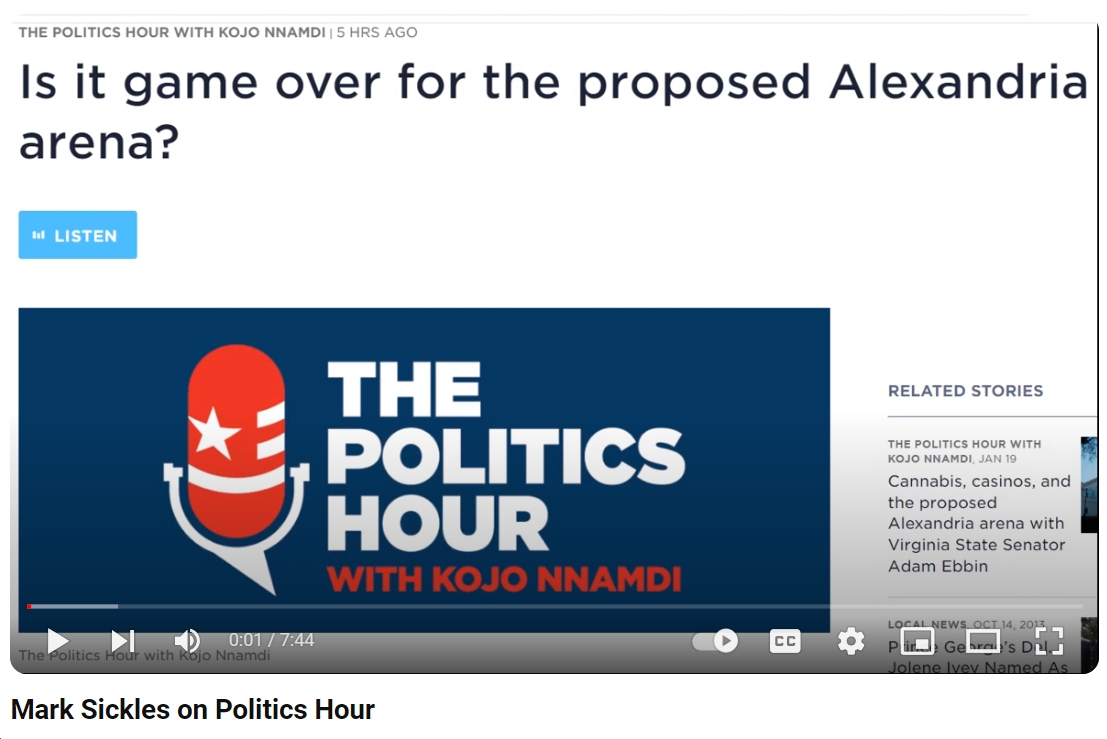Willard Romney won the Republican Primary in Florida this evening by a wide margin. According to the exit polls, Romney did particularly well among voters whose primary concern was the ability to defeat President Obama. Or, to put it another way, Romney was considered the most “electable” candidate among those competing in the Florida primary (a title somewhat akin to least impaired patient in a asylum, if I can say that without offense to persons with mental disabilities everywhere).
Far be it for me to offer any pearls of wisdom to our friends on the GOP side, but I would caution them against trying to capture that mystical creature referred to as the “electable candidate.”
Primary electorates are most often composed of dedicated partisans. Partisans are well suited to selecting candidates aligned with their views. They are, by design, less well suited to selecting candidates that will appeal to persons unlike themselves. Yet, when seeking the “most electable candidate” this is exactly what the primary electorate is trying to do. They are attempting to pick the candidate that will best appeal to voters with different preferences and ideologies.
This has not worked well in the recent past. The most obvious example is Sen. Kerry in 2004. (Full disclosure: I worked for Sen. Kerry’s campaign in 2004 as an online organizing intern . . . big job). He captured the nomination for a number of reasons but, at the time, one of the most heavily cited was his “electability.” The results of the general clearly showed that, despite his many strengths, he was not “electable” enough to carry the needed electoral votes.
Of course, I would be thrilled if the GOP nominated a candidate that, like Kerry, is doomed to fall short. (Well, actually, I think most of them are doomed to fall short but that is another issue). But, if only for future reference, I still feel the need to state that “electability” is really not what primaries are about. Surely, winning elections is the focus. Yet, asking a primary electorate to select the candidate that will appeal to a voters unlike them is an unnatural request and one that is, more likely than not, doomed to failure. Best to just let the voters select the person who represents them . . . even if that means someone way out of the mainstream (please GOP, please!)
















